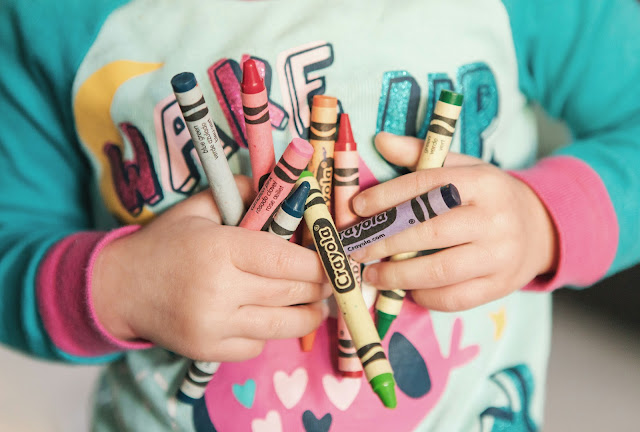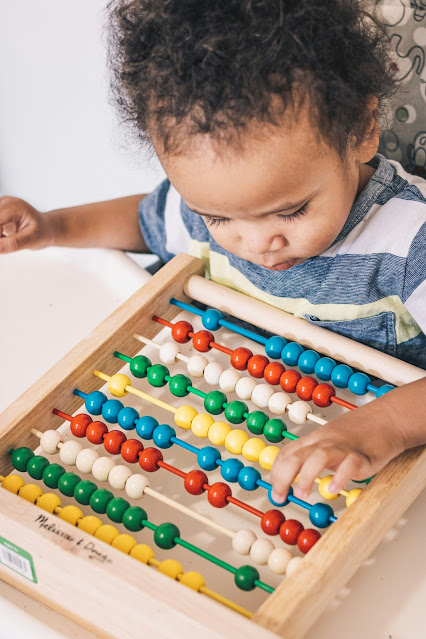As parents and caregivers, understanding toddler milestones is crucial in ensuring your child's healthy growth and development. Milestones are more than just benchmarks—they serve as a guide to your toddler's progress in areas such as motor skills, language, cognitive abilities, and social behavior. Recognizing these developmental markers empowers you to provide their support and seek help if necessary.
Below, we explore the significance of these milestones, how to track them, and when professional childcare can make a difference.
What Are Toddler Milestones?
Toddler milestones are specific stages of development that most children reach at particular ages. These milestones are categorized into developmental domains such as:
● Physical milestones – Crawling, walking, running, or grasping objects.
● Cognitive milestones – Problem-solving, recognizing shapes and colors, or understanding cause and effect.
● Language milestones – Using simple words, forming sentences, or following basic instructions.
● Social and emotional milestones – Playing with others, expressing emotions, or showing independence.
While all children develop at their own pace, missed milestones or significant delays could be an indicator of underlying challenges. Observing these milestones helps assure you that your toddler is progressing well or signals that early intervention might be necessary.
Why Are Milestones Important?
Understanding and monitoring toddler milestones is fundamental for several reasons:
- Early Identification of Delays: Some developmental delays, like speech or motor skill challenges, become noticeable when compared to milestone expectations. Early detection can lead to timely intervention, which often results in better outcomes for the child.
- Guidance for Learning Activities: Knowing your child’s current stage of development helps you plan activities that are engaging and appropriate for their needs. For example, introducing toys or games that match their motor skill levels can encourage further growth.
- Building Confidence: Celebrating milestone achievements boosts your toddler’s confidence and encourages them to try new tasks.
- Effective Communication with Professionals: Tracking milestones equips you with concrete observations to share with pediatricians or childcare providers, making discussions about your toddler’s development more efficient and meaningful.
How Can Parents Track Milestones?
Parents play a key role in tracking their toddler's progress. Here are a few strategies:
1. Use Developmental Checklists
Developmental checklists provided by trusted sources like pediatricians or child health organizations are useful guides. They outline age-appropriate behaviors and skills for toddlers, helping you monitor their development.
2. Observe and Document
Make it a habit to observe your child during daily routines and playtime. Take notes or create a journal to record their achievements, such as their first steps or first words. Apps and online tools are also available to assist in organizing these records.
3. Schedule Regular Checkups
Regular pediatric appointments are essential. Discuss your child’s progress with their doctor to ensure they are on track. Remember to mention any concerns, even if they seem minor—these conversations can be pivotal.
4. Be Flexible
Every child is unique, and some may excel in one area while taking more time in another. Flexibility and patience are key while tracking milestones.
The Role of Professional Childcare in Development
For many parents, professional childcare offers more than just supervision—it’s an environment for growth, learning, and socialization. Expert caregivers and teachers are trained to recognize developmental signals and provide activities tailored to support a child’s progress. Access to quality childcare in Salt Lake City, for instance, can enrich your toddler’s early learning experiences by providing structured play, group interaction, and cognitive challenges.
Additionally, childcare professionals are equipped to spot early signs of developmental delays and suggest resources or strategies to address them. This collaborative approach between parents and caregivers strengthens your child’s developmental foundation.
When to Be Concerned
While some level of variation in development is normal, parents should take action if:
● Milestones are missed by a wide margin (e.g., a toddler not walking by 18 months).
● There’s a sudden regression in skills they’ve already acquired.
● You notice unusual behaviors such as lack of eye contact, difficulty pointing, or limited interest in interaction.
If you encounter any of these issues, consulting a pediatrician or a developmental specialist can provide clarity and the next steps to support your child.
Tips for Supporting Toddler Development
You are your child’s first teacher, and your involvement directly impacts their growth. Here are some ways to support their development:
● Encourage Physical Play: Activities like climbing, running, or building blocks help develop gross and fine motor skills.
● Read Together: Reading books fosters language growth and sparks cognitive skills like imagination and comprehension.
● Promote Social Interaction: Arrange playdates or enroll them in group activities where they can learn to share, take turns, and interact with peers.
● Practice Patience: Celebrate small wins and resist the temptation to compare your child to others. Focus on their personal progress.
● Communicate Frequently: Engage in constant conversation, even before your toddler starts speaking. Say their names, ask simple questions, and respond to their communication attempts.
Conclusion
Milestones offer a valuable framework for understanding your toddler’s development, but they are not rigid rules. A child’s growth is a mosaic of progress and exploration, and as a parent, your attentiveness and nurturing matter the most. With the use of tracking tools, regular check-ins with professionals, and involvement in structured early education, you can help set your toddler on the path to success.

